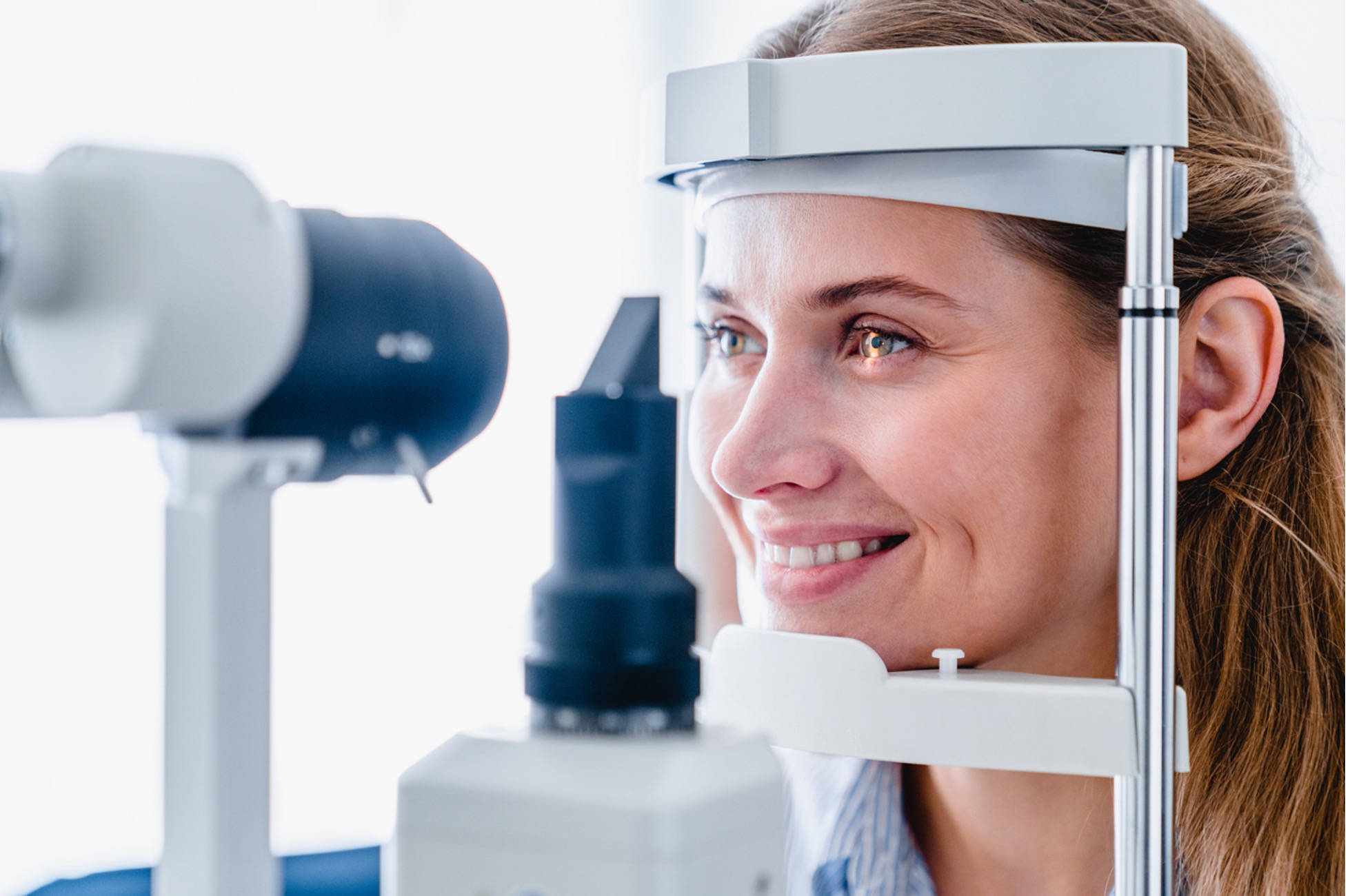Expert Glaucoma Service Near Me: Advanced Therapy Options
Expert Glaucoma Service Near Me: Advanced Therapy Options
Blog Article
Understanding the Various Eye Issues Treated by Specialized Eye Treatment Professionals
In the world of eye care, specialized professionals play a vital role in diagnosing and dealing with a large selection of eye conditions. From usual refractive errors that impact vision clarity to age-related problems that position obstacles as we get older, the competence of these specialists encompasses taking care of vision-threatening diseases and intricate corneal conditions. In addition, the intricacies of neurological eye conditions present distinct difficulties that require specialized care. As we get started on this exploration of the numerous eye conditions attended to by specialized eye treatment specialists, it becomes noticeable that the intricate web of ocular health holds a myriad of interesting understandings waiting to be revealed.
Common Refractive Errors
Refractive errors are typical visual conditions created by an imperfection in the eye's capability to correctly concentrate light, resulting in blurred vision. Astigmatism is defined by an irregularly designed cornea, resulting in distorted or blurred vision at all ranges. Presbyopia is an age-related condition where the lens sheds its versatility, making it challenging to concentrate on close things.
These refractive errors can be dealt with with numerous methods, including spectacles, call lenses, or refractive surgical procedure. Eye care experts play a critical role in identifying and managing refractive errors to aid individuals attain more clear vision and improve their lifestyle.
Age-Related Eye Conditions
One of the most prevalent age-related eye conditions is age-related macular deterioration (AMD), a condition that causes central vision loss and can make activities like reading and driving difficult. Cataracts, one more typical problem amongst older people, create clouding of the eye's natural lens, leading to blurred vision. Routine eye examinations with specialized eye treatment specialists are crucial for early detection and monitoring of these age-related eye problems to preserve vision and maintain ocular health and wellness as individuals grow older.
Vision-Threatening Diseases
Vision-threatening illness include a series of serious eye problems that have the prospective to substantially affect an individual's sight and general visual feature. These diseases posture a threat of irreversible vision loss if not without delay diagnosed and dealt with by specialized eye treatment experts. Some common vision-threatening illness consist of glaucoma, diabetic retinopathy, age-related macular deterioration (AMD), and retinal detachment.
Glaucoma is a group of eye check this site out conditions that harm the optic nerve, usually due to high intraocular stress, causing field of vision loss and prospective loss of sight if left untreated. Diabetic retinopathy is a complication of diabetes mellitus that impacts blood vessels in the retina, triggering vision impairment or loss of sight. AMD is a modern problem affecting the macula, leading to central vision loss. Retinal detachment occurs when the retina separates from its underlying tissue, leading to sudden vision loss that needs prompt clinical attention (refractive surgeries in al).
Very early discovery, routine eye examinations, and prompt treatment are vital in taking care of vision-threatening diseases to preserve eyesight and preserve high quality of life. Specialized eye treatment professionals play a vital function in diagnosing, treating, and managing these conditions to stop irreversible vision loss.

Corneal Problems
Corneal conditions encompass a spectrum of conditions that influence the transparent front component of the eye, understood as the cornea. Therapy for corneal disorders varies depending on the certain problem yet may consist of medications, call lenses, or in severe situations, corneal transplants. Routine eye tests are necessary for early detection and management of corneal disorders to protect vision and eye health and wellness.
Neurological Eye Problems
Neurological eye problems entail conditions that influence the connection between the eyes and the brain, influencing visual processing and overall eye feature. These problems can materialize in numerous methods, affecting vision, eye movements, and also the coordination in between the eyes. One common neurological eye condition is optic neuritis, defined by swelling of the optic nerve leading to vision loss, shade desaturation, and discomfort with eye activity.
Another substantial condition is nystagmus, where the eyes make repeated, uncontrolled activities, affecting aesthetic skill and deepness assumption. Furthermore, conditions like amblyopia, frequently referred to moved here as "careless eye," result from abnormal visual growth in early childhood, resulting in lowered vision in one eye.
Neurological eye conditions require customized care from professionals like neuro-ophthalmologists who have knowledge in both neurology and ophthalmology. Medical diagnosis often entails a thorough eye evaluation, imaging studies, and cooperation with specialists to address the underlying neurological issues affecting the aesthetic system. Therapy methods can include medication, vision therapy, or in extreme situations, medical best site interventions to handle these complex conditions properly.

Conclusion
In verdict, specialized eye treatment specialists deal with a broad variety of eye conditions, consisting of usual refractive mistakes, age-related eye problems, vision-threatening diseases, corneal disorders, and neurological eye conditions - refractive surgeries in al. By recognizing these numerous conditions and seeking ideal therapy from eye care specialists, people can keep optimum eye wellness and vision. It is essential to prioritize routine eye examinations and comply with suggested treatment plans to preserve and protect one's vision for the future
Report this page